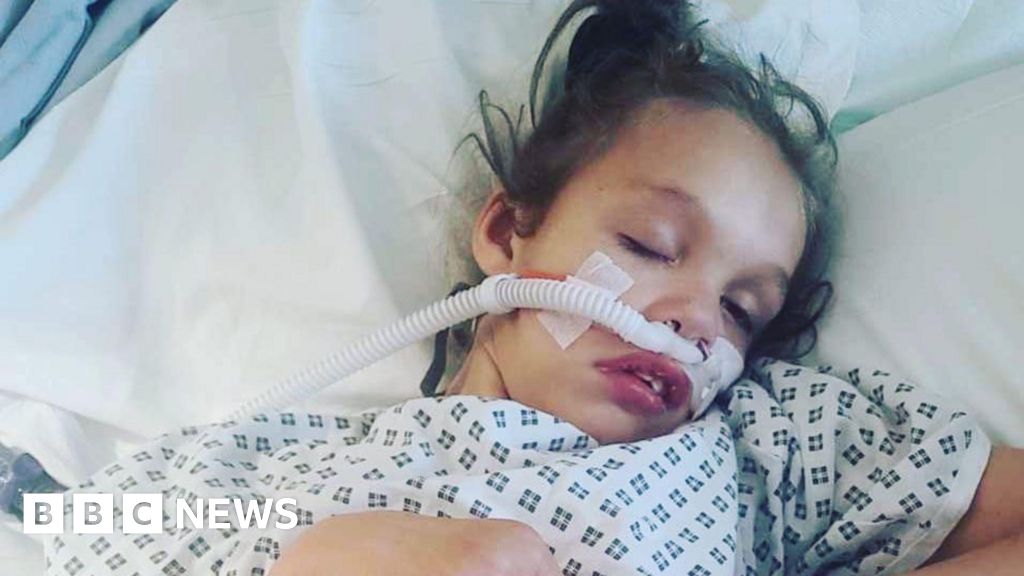A case study of a patient in Wuhan, China, suggests that the immunosuppressant tocilizumab may be an effective COVID-19 treatment for very ill patients who also have multiple myeloma and other blood cancers.
The report, published in Blood Advances, also suggests that blood cancer patients may have atypical COVID-19 symptoms.
The patient, a 60-year-old male who had been diagnosed with multiple myeloma in 2015 and was on maintenance therapy, was hospitalized in February for chest tightness and shortness of breath. Although he did not show symptoms of cough or fever, he tested positive for COVID-19 and his illness was classified as severe.
Treatment with antiviral and corticosteroid therapies did not fully resolve his symptoms. On the second day in the hospital, a chest CT scan showed that the patient had ground glass opacities in his lungs, which are a characteristic of pneumonia. His levels of interleukin-6 (IL-6), a pro-inflammatory cytokine, were high. After one intravenous administration of tocilizumab, the patient’s IL-6 levels decreased. Three days after tocilizumab treatment, his chest tightness had resolved; 10 days later, his CT scan had cleared and he was discharged from the hospital.
“Our patients with hematologic malignancies are immunosuppressed, which may put them at higher risk for novel coronavirus infection. What are the characteristics of COVID-19 in patients with blood cancers? What is the optimal treatment approach? Everything is unknown, and that was the motivation for this study,” said Changcheng Zheng, MD, of the University of Science and Technology of China and the study’s lead author.
Tocilizumab is commonly used to treat cytokine release syndrome, a systemic inflammatory response that occurs in response to treatment with certain types of immunotherapies. Dr. Zheng and his team suggest the agent may treat COVID-19 by addressing the acute severe inflammatory response, or “cytokine storm,” that the virus triggers. However, they emphasize the need for more research into the potential mechanisms of action.
Dr. Zheng also suggests that because the patient had chest tightness and shortage of breath without other COVID-19 symptoms, specifically cough and fever, clinical symptoms of the virus may not be typical in patients who have hematologic malignancies.
The research team hopes this case study may offer insights and stimulate more research. “Tocilizumab was effective in the treatment of COVID-19 in this patient with multiple myeloma, but further prospective and randomized clinical trials are needed to verify the findings,” said Dr. Zheng.
In March 2020, the FDA approved a randomized, double-blind, placebo-controlled phase III clinical trial to evaluate the safety and efficacy of intravenous tocilizumab for the treatment of adult patients with COVID-19.


